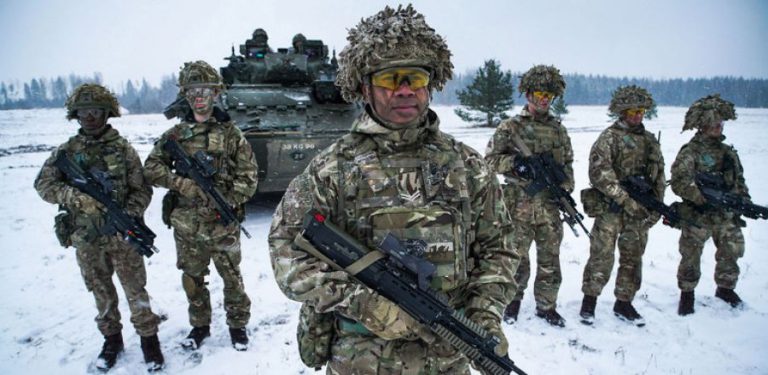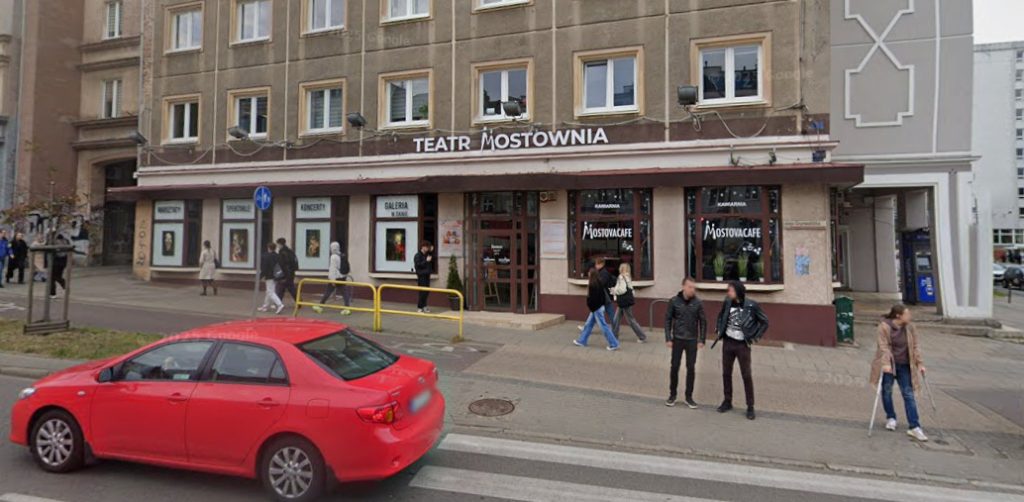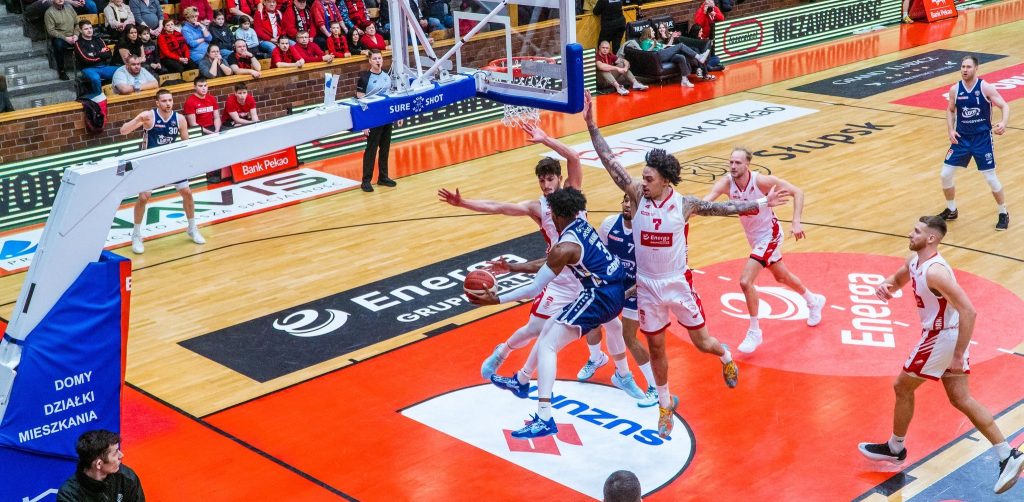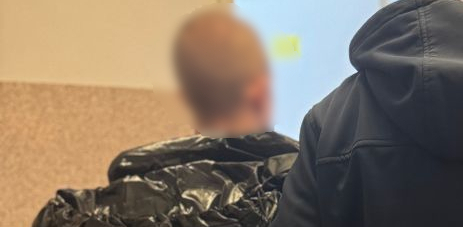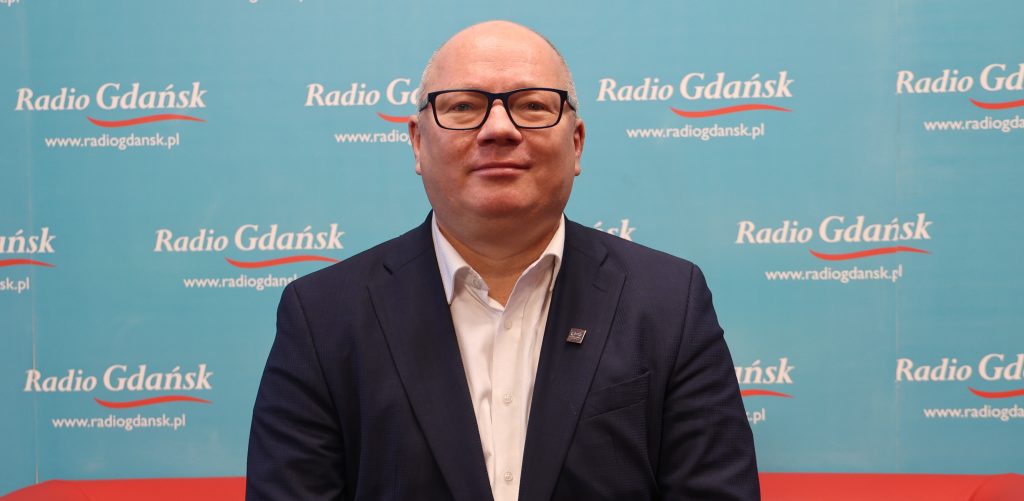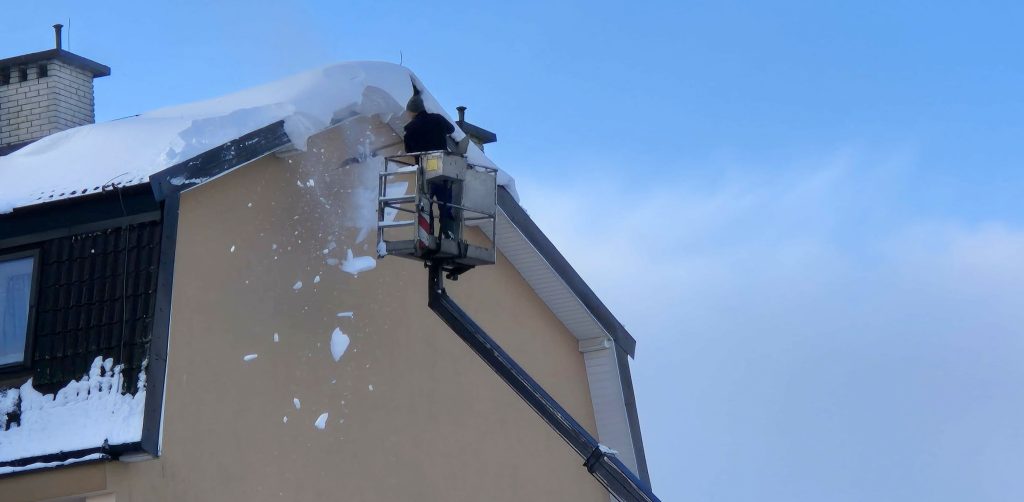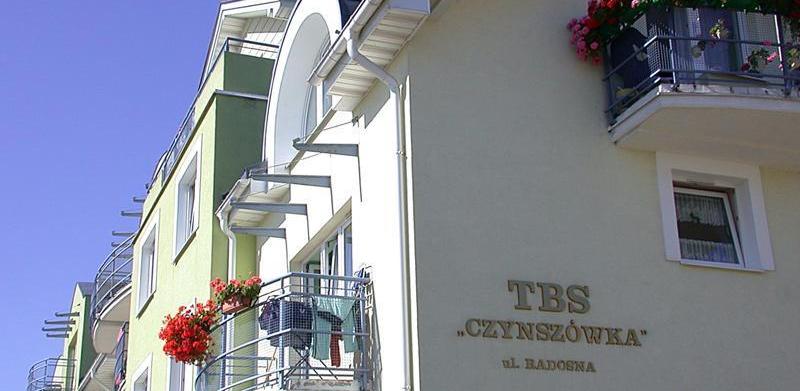NATO has put parts of its rapid response force on standby amid tensions with Russia over Ukraine, according to sources in German and Polish media. Due to a buildup of Russian troops near the Ukrainian border, the NATO Response Force (NRF) is now expected to be ready for possible deployment in five days instead of the seven-day timetable used previously.
The NATO Response Force is a multinational, rapidly deployable task force consisting of „land, air, maritime, and Special Operations Forces (SOF) components that the Alliance can deploy quickly, wherever needed”.
Last Wednesday, Poland’s top diplomat Zbigniew Rau completed a two-day visit to Ukraine against the backdrop of rising tensions between Ukraine and Russia and demands by the Kremlin that NATO remove troops and weapons deployed to NATO members like Poland, and rule out future membership for Ukraine.
Speaking during a diplomatic conference in Kyiv, Rau clearly stated that Ukraine had „the same rights as any other country … to freely decide its fate, to choose its model of development and the alliances it wants to join”.
Source: Radio Poland, nato.int, The Guardian
Reuters and other media outlets reported late Saturday that Russia is withdrawing some 10,000 troops currently deployed in various locales along its border with Ukraine.
As several US media outlets pointed out, the reported troop redeployment represents „only a fraction of the 70,000 to 100,000 Russian troops” thought to be currently active along the Russian-Ukrainian border.
The move comes more than two weeks after US President Joe Biden reportedly warned Russian President Vladimir Putin via phone of the „severe economic consequences” if Russia invaded Ukraine.
Biden’s words were echoed the following week by Germany’s Minister for Economic Affairs, Robert Habeck, who threatened to halt development of the contested Nord Stream 2 natural gas pipeline in response to a potential invasion by Russia.
Source: Reuters, NPR.org, dw.com
Roughly 75 percent of Polish university students declare they have been vaccinated against COVID-19, according to recently released survey data from 160 Polish universities.
The survey, prepared by the Conference of Rectors of Academic Schools in Poland, was distributed at the end of November, with the primary goal of determining what motivates students to get the jab.
According to the survey, the three most important reasons students chose to vaccinate were: belief in the effectiveness of vaccines, the real risk of personally falling ill, and a sense of responsibility for the welfare of others. Notably, few people said that they were motivated by pressure from outside forces or fear of how others would react to their decision.
Some 600,000 questionnaires were sent out, with some 150,000 students opting to respond, according to the Prorector of the Silesian University in Katowice, Tomasz Pietrzykowski.
As Pietrzykowski noted, a 75% vaccination rate for university students would be markedly higher than the 55% vaccination rate of the general population. He went on to note, however, that the survey results should be „taken with caution” as those with strong convictions regarding vaccinations were more likely to take part in the survey, potentially skewing the results.
The Polish Ministry of Health is reportedly preparing more precise data on vaccinations among students and university staff.
Source: Radio Gdańsk, Radio Poland
Tricity planning officials recently announced that City Bike Global SA of Spain had won the bid to relaunch the popular „Mevo” metropolitan bike-share program.
The program has been out of operation for two years due to problems with the previous contractor. As part of „Mevo 2.0”, 4,000 bikes will be parked at 700 stations around Trójmiasto, with 75% of the bikes offering the option for battery-powered pedal assistance.
The six-year contract will reportedly cost around PLN 159 million, with the new system scheduled to launch in the second half of 2022.
Source: Radio Gdańsk
Weather
Today will be sunny and cold, with a slight chance for snow and a strong breeze coming in from the west. Temperatures will remain below freezing with a high of -1°C, or 29°F, dropping to a chilly overnight low of -11°C or 13°F. Tomorrow will remain cold and mostly sunny, with a chance for rain or snow returning on Wednesday.

